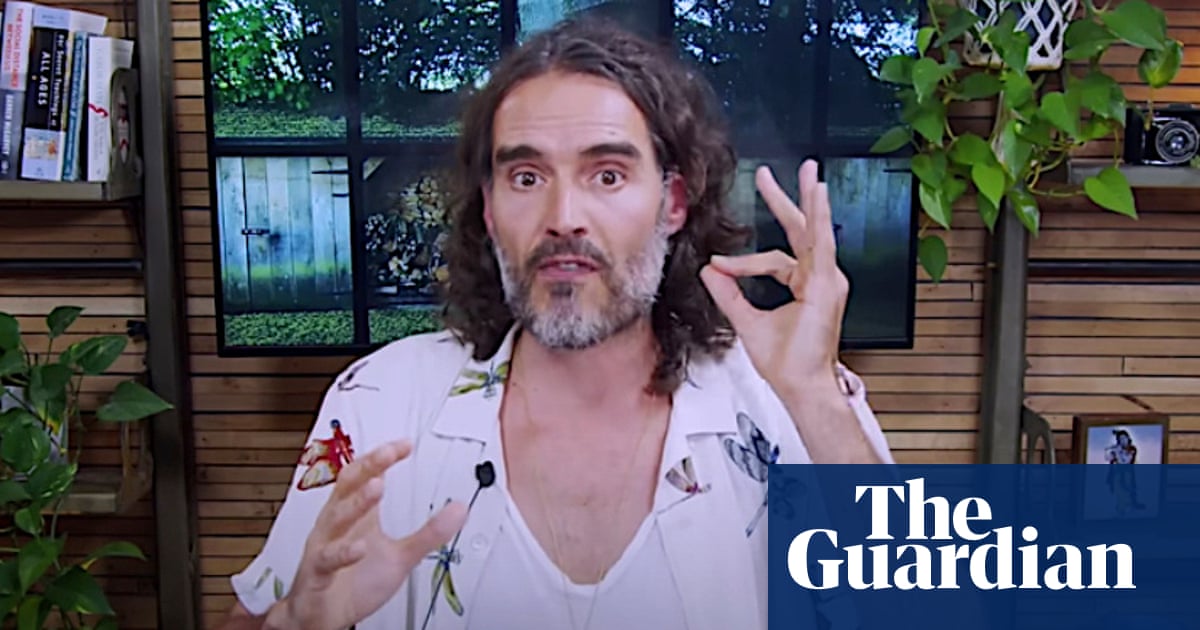I was reading about the allegations against Russell Brand and couldn’t help but wonder how it works legally that his revenue can be blocked based on allegations and before any juridical ruling.
Don’t get me wrong I don’t know much about the guy and what he did or didn’t do and agree that anyone should be punished according to their crimes.
But how is this possible with the principal of innocent until proven guilty? I’d be happy if someone could explain me.



This is the key bit:
Somewhere in all the T&Cs you skim through is this clause - you break it, they withhold your money. If you are cleared, I assume they open the taps again and give you the money you would have earned.
Agreed. Except back pay. I believe when they’ve suspended your monetization, that money is gone. Black hole. There’s no backfill. I haven’t heard of it in any example
Thanks for the clarification. Odd that the “unintentional” outcome of this policy is that Google get to keep the cash.
That’s the important distinction. It’s not a black hole. The money isn’t gone. Google keeps the money.
Scary that it’s in their best interest to either let monsters grow a following, then demonetize them, and reap the reward, or occasionally whip up a controversy to steal from a popular creator.
That seems to be the current social media MO. I am sure it started out with utopian, egalitarian intentions (with YouTube, I remember, back in the day when you had to sift through a smorgasbord of codecs to find the right one to play a video) but the standard operating procedure is promoting extreme content because it drives engagement, then going “ah shucks, we didn’t know” which is enough to keep most regulatory bodies from escalating. The fact that this content is still making money, even if it is demonetised is the cherry on top. Every way they win and we don’t.
It’s much more lucrative to have a creator continue to make content and bring in ad revenue than to shut them down and keep what their current offerings bring in.
Why would I steal a million from you and shut you down when you bring in a million a month for me? All I would need to do to make up that money is to wait for you to put out more content.
In the case of youtube, there are 2 ways you getting paid can be paused. In the case of, for instance, a copyright claim, your video will either be taken down completely or, if left up, will typically still be monetized with the money going into escrow until the copyright claim is resolved, with the winning party getting paid. The 2nd kind is this kind, where they deem your video isn’t monetizable. Likely they think their advertisers would be upset to have their advertisers next to you or your content. In this case they just don’t run any adds at all, so there is no money for you to be given if the monetization is resumed.
Thanks for the clarification. 👍